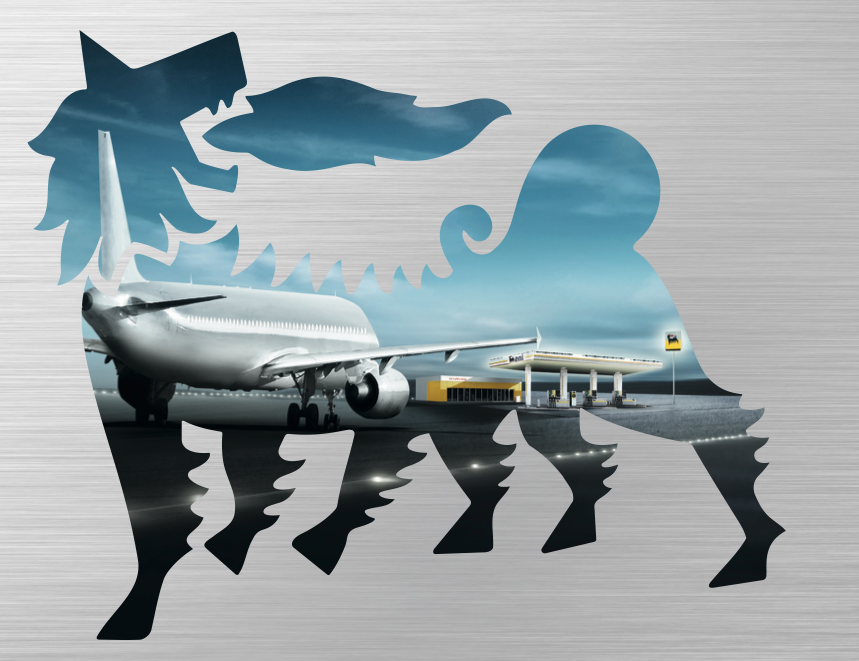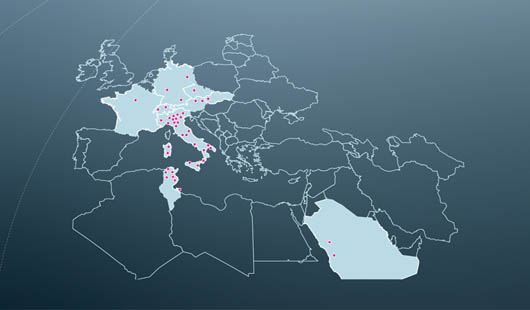The refuelling of an aircraft is only the final act of a long and painstaking series of operations and controls that begins with the production of Jet A-1 at Eni refineries and ends when the fuel is loaded into the tanks of the plane.
At all stages of the handling and distribution of the product Eni is committed to ensuring full compliance with the standards set by Aviation Fuel Quality Control & Operating Standards (JIG Standards) in order to deliver to its customers a product that is free of any contamination and in full compliance with the highest international standards in the industry.
The importance of the accurate process endorsed by Eni makes it possible to avoid the most common impurities such as foreign particles, various sediments, surface-active substances and water that are the most harmful form of contamination for the corrosion of aircraft tanks, incorrect indication to the cockpit fuel quantity indicators and for the reliable operation of the engines.
Eni also periodically performs inspection with its own qualified staff at all the aviation depots where it operates in order to check the performance of refuelling operations, the status of the infrastructures and of the hydrant/fuelling vehicles. Such controls are also carried out on th records that certifies the multiple daily activities in line with legal obligations, the requirements related to compliance with quality standards as well as with health security and environment regulations.
Quality, products and services
Eni submits Jet A-1 to more than 30 tests to verify its compatibility with the required standards, and only in the event of a satisfactory outcome of all such tests, assigns a certificate of origin that will accompany it during the many steps up to the aircraft tank.
In its laboratories Eni is able to complete the analytical protocol foreseen by the Aviation Fuel Quality Requirements for Jet A-1 using the best available technologies and equipment.


 Enilive Aviation
Enilive Aviation


